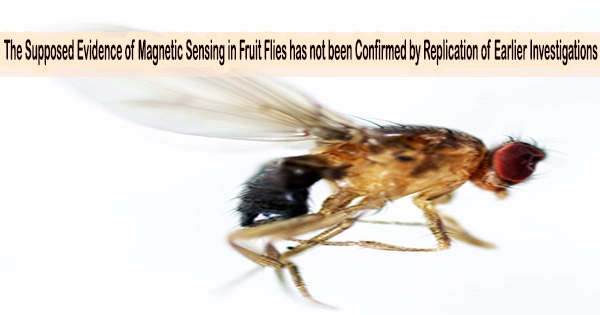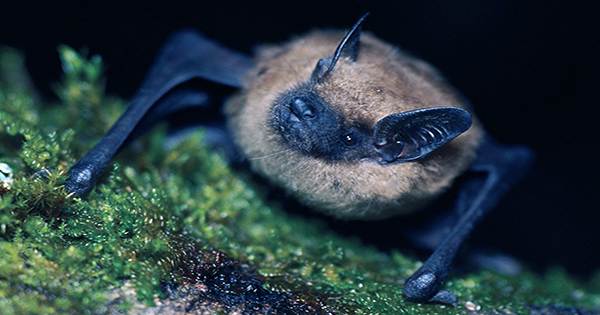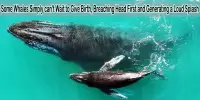The University of Exeter, University of Oxford, and Universität Oldenburg collaborated to duplicate seminal experiments claiming magnetic sensing in Drosophila fruit flies and came up empty-handed.
The team painstakingly repeated work carried out by two earlier teams with radically different outcomes for their study, which was published in the journal Nature. In the same journal issue, a News and Views article summarizes the team’s outcomes.
The existence of magnetic sensing in fruit flies has not yet been established, but a team of researchers decided to investigate it in 2008. The team educated about 100 fruit files to link food with a magnetic field that was more powerful than Earth’s in their endeavour.
The scientists next subjected the flies to a magnetic field in order to observe whether they behaved as intended compared to behavior in the absence of a magnetic field. They said that the behavior of the flies in the gadget clearly suggested that fruit flies are capable of magnetic sensing.
Following the publication of the 2008 findings, a frenzy of study was conducted, much of it focused on figuring out how the flies felt and responded to magnetism. None were found.
Another study examined fruit fly magnetic sensing in 2014 using a completely different method that used the flies’ ability to ascend against gravity and when exposed to low blue lights.
They discovered that the presence of a powerful magnet affected the fly’s capacity for ascending. The majority in the field now accept magnetic sensing in fruit flies as a result of this discovery, which strengthened the findings of the earlier investigations.
The study team in this new endeavor highlighted the lack of advancement in the years that followed in identifying the mechanism responsible for magnetic sensing in fruit flies. They made an effort to duplicate the findings from both study projects since they felt there might have been mistakes in the earlier work.
In replicating the prior two efforts, the researchers made some small adjustments. To be sure that no other factors might be influencing the behavior of their test flies, they carried them out in a more secure setting. They tested a lot more flies as well.
Both approaches failed to reveal magnetic sensing in fruit flies, and the researchers conclude that either team’s findings were likely the consequence of false positives.
















